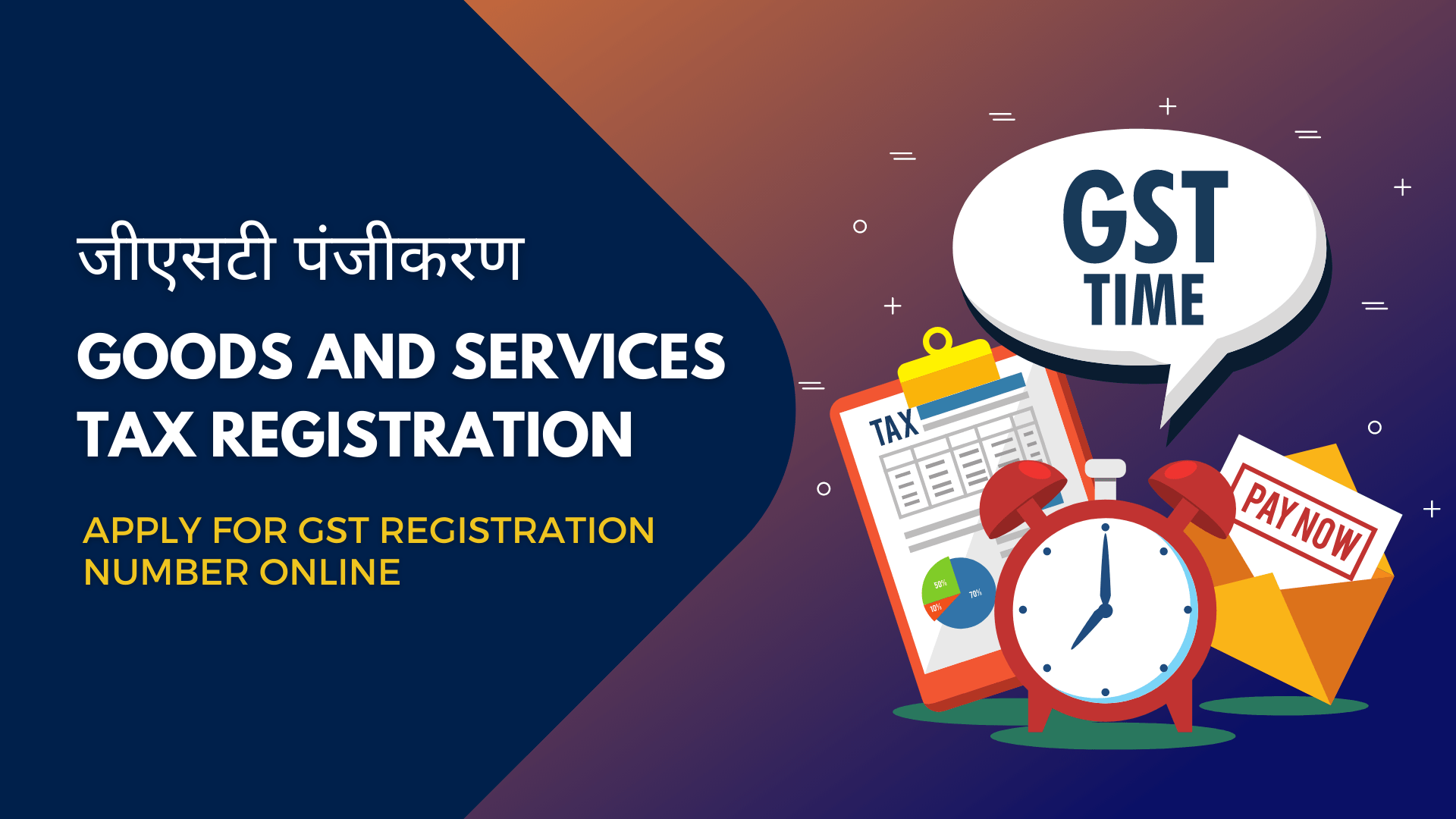Singapore GST Registration: What You Required to Know Prior To Using
Singapore GST Registration: What You Required to Know Prior To Using
Blog Article
Browsing the Complexities of GST Registration: Expert Tips and Best Practices for Easier Compliance
From figuring out registration requirements to using technical devices for structured procedures, the trip towards smoother GST compliance is nuanced and multifaceted. Remain tuned to discover necessary approaches and understandings that can help organizations steer with the intricacies of GST registration with skill and self-confidence.
Recognizing GST Enrollment Requirements

Along with turn over thresholds, businesses taking part in interstate sales or supplying taxable solutions might also be called for to register for GST, also if their turnover is below the prescribed limit (Singapore GST Registration). Understanding these demands and limits is necessary to prevent fines and make sure smooth procedures within the legal framework
Additionally, organizations should gather and prepare the required documents, such as evidence of identification, address, business unification, and checking account information, before initiating the GST enrollment procedure. Stopping working to supply exact info or fulfill the registration deadlines can cause fines or various other legal repercussions. Therefore, businesses must remain informed regarding the specific GST enrollment requirements suitable to their procedures to maintain compliance and stay clear of prospective problems.
Organizing Crucial Documentation
Companies starting the GST registration process need to meticulously compile and organize the necessary documents required for submission. The vital documents typically required for GST enrollment consist of evidence of organization registration or address, unification and identification evidence of business proprietors or companions, financial institution account details, evidence of major area of organization, and authorization kinds. Making sure that these papers are readily available and organized can enhance the enrollment process and avoid hold-ups or rejections.
To efficiently organize essential paperwork, companies should develop a central system for saving and categorizing the required documentation (Singapore GST Registration). Making use of digital storage remedies can aid preserve easy access and ensure that records are safely stored. Furthermore, establishing a list of all needed files can serve as a handy tool to track what has actually been gathered and what is still required for entry

Leveraging Modern Technology for Effectiveness
Enhancing functional performance with technological combination is critical for modern-day services navigating the intricacies of GST registration. One of the crucial means technology can help in GST enrollment is with the usage of automated software remedies.
Furthermore, modern technology can help with smooth interaction with tax authorities. On-line sites and interaction tools make it possible for companies to send records, deal with queries, and receive updates in a much more reliable fashion. This not only accelerates the registration process yet additionally helps in preserving trustworthy and clear communication with the appropriate authorities.
In addition, cloud-based storage services offer a safe and secure platform for companies to store and gain access to their monetary data, ensuring compliance with GST record-keeping requirements. By streamlining data storage and automating processes, services can improve their general efficiency and precision in GST enrollment procedures.
Proactive Compliance Tracking

To guarantee efficient proactive conformity tracking, businesses need to establish durable interior controls, conduct routine audits, and my review here take advantage of automation tools for real-time tracking of GST purchases. Routine training sessions for employees on GST conformity requirements can additionally aid in producing a society of compliance within the company. Additionally, engaging with tax obligation experts or experts can give valuable understandings and guidance on browsing complicated GST laws.
Engaging With Specialist Experts
Engaging experienced tax obligation consultants can substantially reinforce a business's understanding and compliance with detailed GST regulations. Specialist specialists bring a wide range of knowledge and experience to the table, aiding services browse the complexities of GST registration effortlessly. By leveraging their know-how, business can make sure exact filings, reduce the danger of mistakes, and stay updated with the most recent regulatory modifications.
When engaging with expert specialists, it is essential to select experts with a solid record in GST compliance (Singapore GST Registration). Search for experts that have a deep understanding of the pertinent legislations and policies, in addition to experience dealing with companies in your market. Effective communication is essential why not check here in this partnership, so make sure to clearly specify your assumptions and develop normal touchpoints to review progression and address any type of worries
In addition, specialist specialists can supply beneficial understandings and suggestions on maximizing your tax obligation method, identifying prospective cost-saving chances, and improving your compliance procedures. Generally, buying professional consultancy services can go a lengthy method in making certain smoother GST conformity and preventing costly mistakes.
Final Thought
To conclude, browsing the complexities of GST registration calls for a thorough understanding of the needs, company of necessary paperwork, leveraging technology for performance, proactive conformity surveillance, and involvement with professional consultants. By adhering to these ideal methods, businesses can make certain smoother compliance with GST regulations and prevent prospective fines or fines. It is important to remain informed, aggressive, and thorough in taking care of GST registration to preserve conformity and promote economic integrity.
To guarantee compliance with tax regulations, organizations should extensively understand the intricate demands for GST enrollment. Goods and Provider Tax (GST) is a value-added tax levied on the majority of goods and solutions in a nation, making here are the findings it crucial for organizations to register for GST to prevent lawful repercussions.Additionally, services must collect and prepare the essential documentation, such as evidence of identity, address, organization incorporation, and financial institution account information, before initiating the GST enrollment procedure. Businesses ought to stay educated about the particular GST enrollment needs applicable to their operations to keep compliance and avoid prospective problems.
The vital documents commonly required for GST enrollment consist of evidence of service enrollment or identification, consolidation and address proofs of the business owners or partners, financial institution account information, evidence of primary location of service, and permission kinds.
Report this page